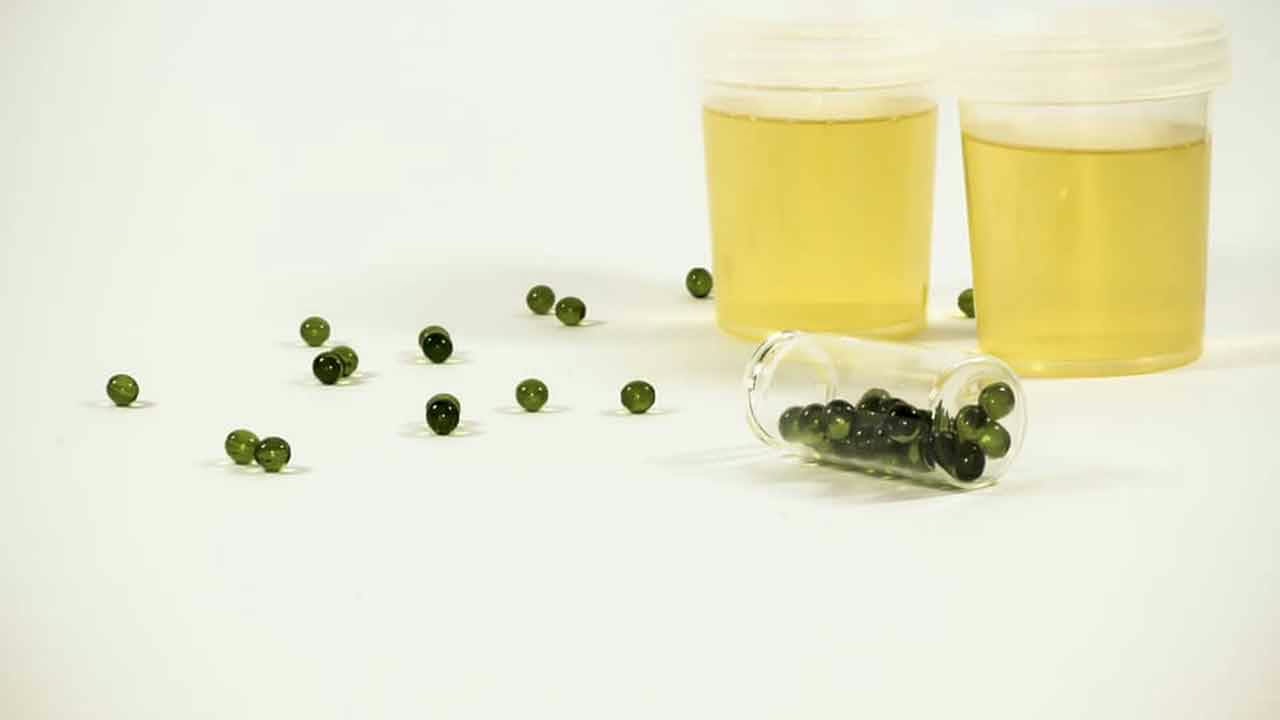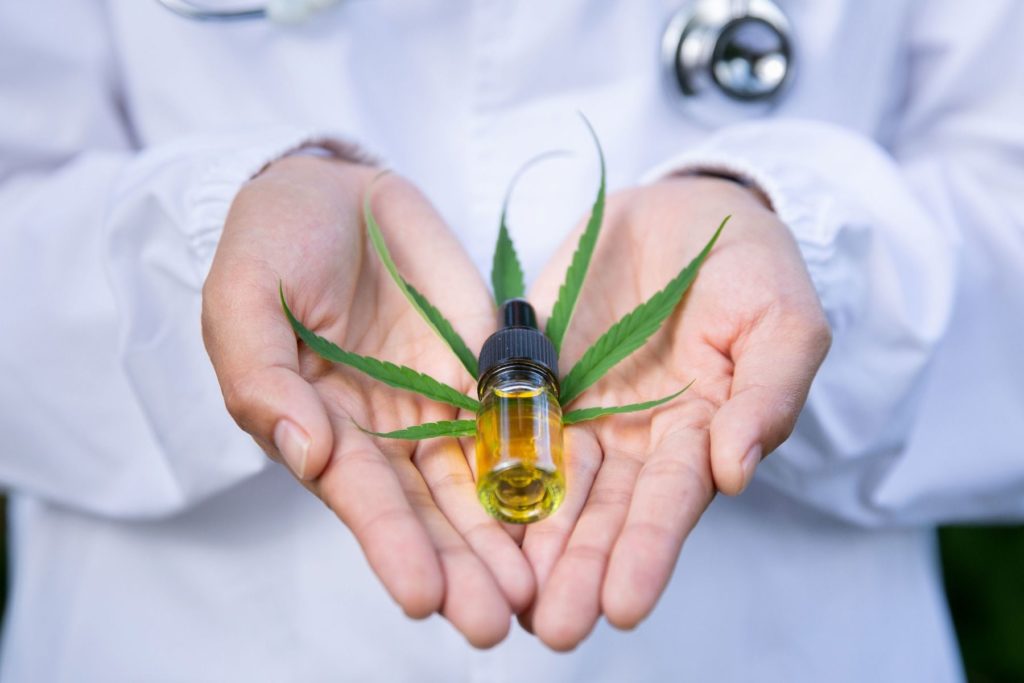Does CBD Show Up in Drug Tests? Vape, Drops, Oils and etc.
Summarize

Drug tests are often done for several reasons. Many employers choose to do drug tests on their employees. Some of these tests are done as a screening to hire new people. Other times, a unannounced drug screening can be done at random times. This is at the discretion of the employer.
If you have not yet had to undergo a drug test, then consider yourself lucky. You likely will have to do so at some point in the future. Most people are aware that the THC component of marijuana will show up on a test. Many people question, “Will CBD oil show up on drug test results?”
Let’s take a look at some factors that determine the answer.
Will CBD Oil Cause a Failed Drug Test?
It is important to understand how a drug test works in order to know if a positive CBD oil drug test is possible. The short answer is that CBD oil, by itself, will not show up as a positive result on a standard urine drug test. Most drug tests screen for specific chemicals in a urine or blood sample; for example, a standard employment drug test may screen for THC but will not look for CBD.
Many people wonder if CBD vape oil will show up on drug test results. Unless a drug test specifically looks for CBD, the answer will generally be no. However, CBD vape oils are allowed by law to contain up to 0.3% THC so for someone who uses large amounts of CBD a positive THC drug test is possible.
Read about optimal CBD dosage right now!

Purity in Relation to a Drug Test and CBD Oil
The majority of CBD products that are on the market are not made up of completely pure CBD. Because CBD products are allowed to have trace amounts of THC (up to 0.3%), most CBD oils will have a very small amount of THC. In most cases, the amount of THC in CBD oil is far too small to produce a positive drug test. The cutoff for a positive THC urine drug test is 50 ng/mL THC. In order to reach a level of THC that high from using CBD, someone would need to consume more than 2,000 mg of CBD per day, which is far more than most people will use.
In the U.S., there is a predetermined list of drugs that can be tested for by employers, and CBD is not on this list. In addition, there are certified drug testing facilities that have met federal criteria for quality in drug testing. In the rare instance that an employer does not use a certified drug testing facility, they will be required to prove that their testing facility meets federal standards in order to use drug testing as a way to manage their employees.
Theoretically speaking, if you took completely pure CBD oil, then you shouldn’t have to worry that CBD vape oil will show up on drug tests. Sometimes it is hard to understand what you are getting with a product of this type. You could be consuming small amounts of THC and not even know it. The results also depend on the amount of CBD that you take.
How to use CBD Oil? We answered the question here.

Nearly every CBD product will have trace amounts of THC, but the amount of CBD that would need to be consumed to produce a positive THC test is VERY high. Most people who take CBD for relief will use between 50-200 mg/day; a positive THC test would require more than 2,000 mg/day of CBD oil.
Luckily, employers are not allowed to test for CBD.
If you are someone who is taking a large dose of CBD on a consistent basis, you may have something to worry about when it comes to THC drug testing. Using a vape oil daily rich in CBD may contribute to whether you will fail a THC drug test, regardless of whether a specific CBD vape oil drug test is included in the drug testing panel.
References
- Gill, Lisa L. “Can You Take CBD and Pass a Drug Test?” Consumer Reports. May 15, 2019. Accessed October 31, 2019.
- Schwab, Jane. “Can You Fail a Drug Test Due to CBD?” US Drug Test Centers Blog/News. October 1. 2019. Accessed October 31, 2019.
- Substance Abuse and Mental Health Services Administration. “Drug Testing.” Updated November 2, 2015. Accessed October 31, 2019.
Share this post
Discounts vary depending on the product.


0